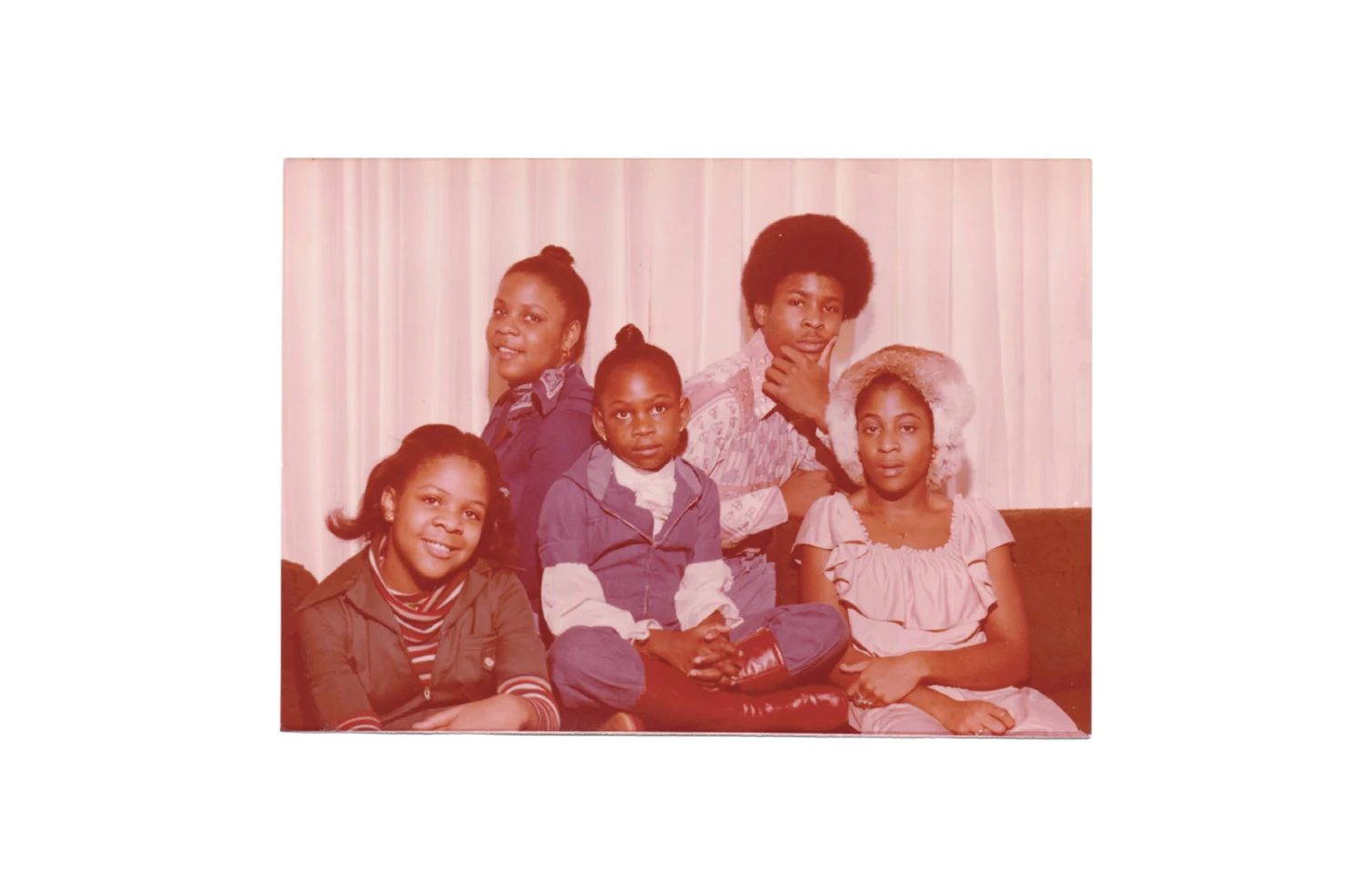(sunglasses) a letter to my daughter
Now we see a blurred image in a mirror. Then we will see very clearly. Now my knowledge is incomplete. Then I will have complete knowledge as God has complete knowledge of me.
1 Corinthians 13:12
My Girl,
Do you remember that day when I picked you up from school and I was glorying at the beauty of all the trees? Oh… how beautiful all the leaves were, shades of ruby and amber and emerald. Oh… how lovely the periwinkle blue sky peeking between the fingers of harvest leaves… I could barely drive so distracted by their splendor, but when I turned to you with my face geeky with glee, you looked at me with that look that you give so well, the one that lets me know that under no uncertain circumstances you have a mind of your own and your mind does not agree.
“What?” I asked.
“Um… yeah, like maybe you should take off your sunglasses,” you said. So I do, only to find an ordinary day like any other day. The color’s gone. The light has dimmed. Suddenly I’m driving down an ordinary street lined with ordinary trees cluttered with dull, rusted-out brown leaves beneath a pigeon-blue, gray sky. “It was the tinted sunglasses the whole time!” I exclaim and you nod.
And I realize, I too am ordinary. But here’s the extraordinary thing: Ordinary is what I’ve always longed to be.
My mother was anything but ordinary. She was like a rare bird. You could spend your whole life filling notebooks with field notes of your sightings of her. I did:
“Specimen woke just at sunrise as to her nature. She wore her pink faux fur robe with matching slippers. Specimen appeared neatly arranged and without wrinkle from sleep. Note: her dark skin. It looks as if it was fresh off the back-burner of the sun—golden brown, perfect. She hums as she fills the teakettle, sets it on the stove, clicks the fire on beneath it. Specimen then reaches into her left pocket, pulls out the pack of red More cigarettes and the yellow lighter she nicked from her son. Pursing the cigarette between her plump, brown, unpainted lips, she lights it, inhales and then, blows out slowly encircling herself in a ring of smoke and satisfaction. Is this habit or ritual? Perhaps it’s a little bit of both.”
When you grow up with a part-time mother (weekends, summers and holidays) and you’re a kid who’s always feeling for things, you spend the whole of your childhood researching just about everything—but especially your elusive mother.
It was all so romantic and my heart is glad for it. I’m glad I studied and learned my mother. I’m glad I spent my summer days trying to catch her in my net and pin her down like a rare African moth. I’m glad I knew she was a woman more than she my mother or his wife or his lover or her friend. She was “she” and she was herself. It was terribly romantic, and it was totally unrequited. It’s Charlie Brown never kicking that ball and never kissing the red-headed girl. I would never have her. Though the chase gave me great stamina, it left the soul of my heart gasping for air.
Not for you my sweet, I would not be a rare bird. I would not be something you had to keep watch of. You would never have to chase me. I would pin myself down for you so you could know me at your will and always find me. For you, I would be as ordinary as air.
At least for now, there is a day coming when I’ll be long gone and you will look back at something and realize that the colors weren’t exactly what you thought they were. Things weren’t as bright as you imagined. The light will seem duller than you remembered. You will look back and you will weep.
All those weekends and summers of watching my mother put the teakettle on and pull out her slim brown cigarettes, here are all the things I didn’t see:
“Specimen woke just at sunrise as to her nature. She wore her pink faux fur robe with matching slippers. Specimen appeared neatly arranged and without wrinkle from sleep. Note: her dark skin. It looks as if was fresh off the back-burner of the sun—golden brown, perfect. She hums as she fills the teakettle and sets it on the stove. As she stands at the stove click, click, clicking the eye until it burst into blue flames, she keeps an eye on cousin Jim Crow who’s always following her, crouching in the corner of the kitchen, following her down into the basement and over to the washer and dryer. Sometimes, he would leap out at her from her bedroom closet. But mostly, he just sat and stared. Like now, he sits and stares and dares her to try to forget him. She hums to let him know she’s paying him no mind. She’s not studding him. So she hums. Specimen then reaches into her left pocket pulls out the pack of red More cigarettes and the yellow lighter she nicked from her son. Pursing the cigarette between her plump, brown, unpainted lips, she lights it, inhales and then, blows out slowly encircling herself in a ring of smoke and satisfaction. This is her ritual. It’s her habit to beat back the ghosts. She watches the smoke choke that ole Jim Crow.”
Let me tell you right now, I’ve already forgiven you for not knowing things. I forgive you for not seeing all the grays and rusted dust floating through all our memories. I’m forgiving you right now for looking at me all those times and seeing nothing but the ordinary—me loading the laundry, me waiting in the carpool, me forgetting I’m wearing sunglasses. I even forgive you for all those times you never saw me.
This is to be expected. I think it means I’ve done a good job being as dependable as the air you breathed—not elusive or hidden, but not so heavy or so loud or so hot or so cold—just necessary. You never had to pin me down. You only had to breathe.
You can only see the colors and the things your point of view are willing to show you. You can’t help but to see things only as your particular set of lenses tints them. For this there’s no need to ask forgiveness.










